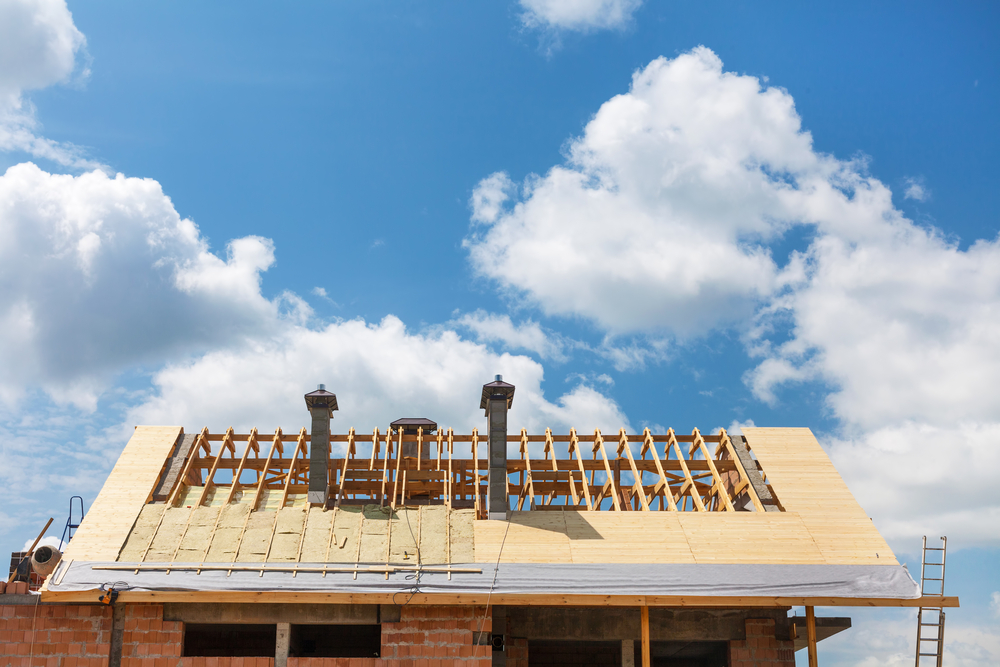
A new government scheme plans to inject &886M into local councils to help finance and speed up the construction of up to 200,000 homes throughout the UK.
This new fund will be allocated to a variety of council-led projects such as providing new footpaths, improving drainage and relocating sports facilities, all of which improve the viability for the development of new homes.
The government’s investment will provide the financial support needed to get struggling projects off the ground and bring forward the development of homes that may not have begun for a few years.
It was announced that 133 council-led projects throughout the UK will receive a cash boost, projects that include new roads, cycle paths, flood defences and land remediation work, that are vital in providing the infrastructure needed for building new homes.
The government is aiming to build 300,000 new homes each year until 2021, a target that was missed by 150,000 in 2017. However, this funding is part of a larger housing fund that totals at &5 billion and was set up to fix the UK property market.
With this new support speeding up the process from planning permission to construction and with the government making changes to certain regulations that would allow the conversion of industrial buildings into housing, it will hopefully reduce some of the pressure on the UK housing market and in turn create a less harsh environment for first-time buyers by improving affordability.
Chancellor of the Exchequer, Philip Hammond, added his comments during the announcement, he said; “Today marks the first step of the multi-billion-pound investment we announced at the Budget to help build the homes our country needs. This fund finances vital infrastructure such as roads, schools and bridges, which will kick-start housing development in some of Britain’s highest-demand areas.”
Hammond added, “This support will help us meet our ambitious plan of building 300,000 new homes each year and ensure we have enough housing in areas which need it most.”
House Secretary Sajid Javid, also spoke on the new fund, stating that the government's priority was “building the homes this country desperately needs.”
Javid went on to say that “This first wave of investment totalling &866 million will help get up to 200,000 homes off the ground, making a huge difference to communities across the country.
"This is just one of the many ways this government is taking action to get Britain building homes again.”